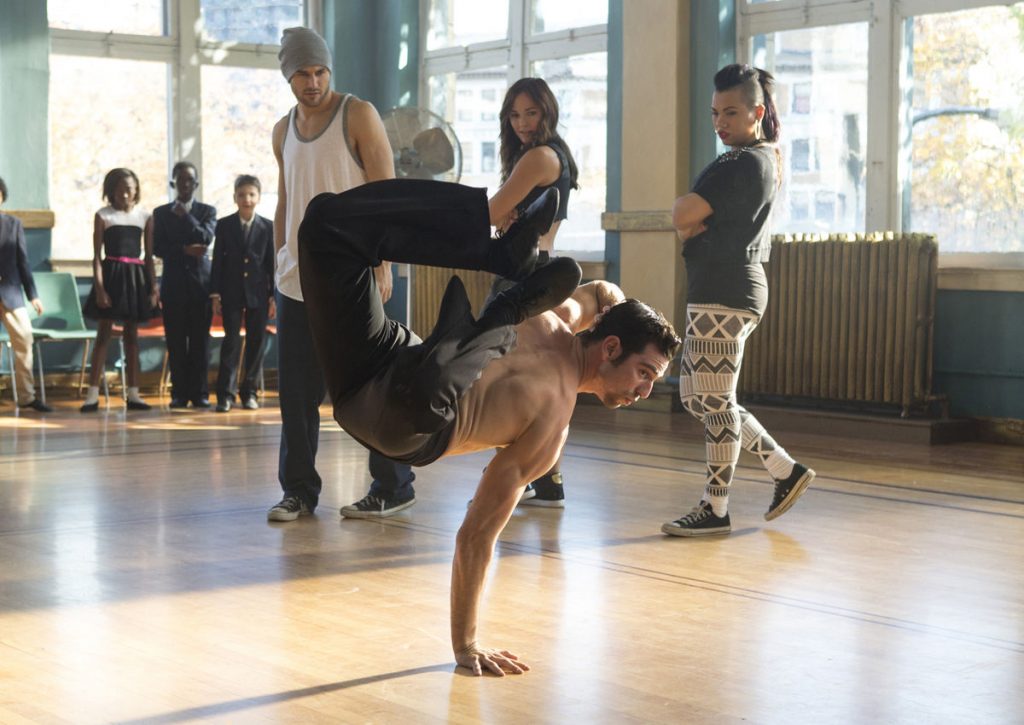The Giver (Weinstein)
Arriving on the heels of "The Hunger Games" and "Divergent" is this futuristic thriller where young people find themselves running for their lives. This time, however, the tone is softer, and the overall meaning more profound, with a welcome pro-life message that will resound with viewers of faith.
In this utopian world that, on the surface at least, is free from suffering, hunger and violence, a daily injection of every member of "the Community" ensures that memories and emotions are suppressed, along with freedom, choice, individuality, religion — and temptation.
"When people have the freedom to choose, they choose wrong, every single time," intones the Chief Elder (Meryl Streep).
Everything in this Orwellian world is identical and monochromatic, even the family unit. Just two children per household, one boy and one girl, each genetically engineered and born to designated birth mothers.
When the children come of age, they receive their vocation, the role they are to play in the Community. The time has come for Mother (Katie Holmes) and Father (Alexander Skarsgard) to present their son, Jonas (Brenton Thwaites).
Sensing something unusual about the teen, the Chief Elder selects Jonas to inherit the esteemed position of Receiver of Memories, a kind of repository of the past, warts and all.
The current Receiver, known as the Giver (Jeff Bridges), is weary, shopworn and ready to pass the baton. Determined to succeed with Jonas, the Giver begins Jonas' training, passing on memories of the "real" world.
Jonas is overwhelmed by newfound emotions and memories. He experiences love and happiness for the first time, but also cruelty, war and death — and all in glorious Technicolor. When the fog clears, he reaches an epiphany: without the knowledge of suffering, one cannot appreciate true joy.
"If you can't feel, what is the point?" he asks. That belief is reinforced by his growing love for a fellow teen, Fiona (Odeya Rush), along with the Giver's wisdom that "with faith comes love and hope."
Jonas' determination that everyone in the Community should share in his knowledge is accelerated when he uncovers a dark secret: the Elders sanction euthanasia to eliminate imperfect babies and the frail elderly. Filled with outrage, he joins forces with the Giver to restore the proper balance to society.
A disturbing scene involving euthanasia may upset younger viewers. For mature teens and their parents, however, it can spark a necessary conversation about the sanctity of life at all ages, winningly endorsed by this worthy film.
The film contains mild action violence and a disturbing scene of euthanasia. (A-II, PG-13)
nThe Expendables 3 (Lionsgate)
There are many ways to keep yourself entertained while watching this second sequel. Eventually, the only remaining entertainment factor is to marvel at how director Patrick Hughes and screenwriters Sylvester Stallone, Creighton Rothenberger and Katrin Benedikt keep this formula shoot-'em-up, which harkens back to the 1980s, from crashing resoundingly onto the shores of ennui.
The new development in this Expendables adventure — which is, thankfully, considerably less gory than its predecessors — is the addition of a youthful new breed of monosyllabic action heroes to bolster the reliable geezers.
"You're only old when you surrender," says one in his introductory scene. Nah, you can be old without surrendering, and — unlike these performers — also retain some dignity.
It's all slick, competent and sterile, as if its tropes had been perfected by mass-production techniques. The film has nothing new to say as it kills off anonymous bad guys in 127 minutes.
The film contains frequent gun, knife and physical violence as well as numerous explosions, a few uses of profanity and pervasive crude language. (A-III, PG-13)
nStep Up All In (Summit)
Intricate storylines have never been the goal in this franchise, in which scrappy, multiethnic dance crews seek escape from their workaday existences by entering lucrative competitions. A happy fantasy with a relentlessly positive (and basically moral) milieu, it's all about the kids showing off their moves.
"There's a magic that happens when you dance," Sean Asa (Ryan Guzman) says in the opening voice-over of this fifth installment. "The world is in synch, and for one perfect moment, you feel totally alive."
So we get it: Gotta dance! But director Trish Sie and screenwriter John Swetnam come up hugely short on dialogue to stitch the terpsichorean segments together. And what there is of conversation is stoutly cliched.
There's pluck, moxie, the old know-how, and sometimes someone blows out a knee or loses their nerve. But where there's a tapping toe, it seems, there's always a way. Mature adolescents should have no problem with any of this, other than feeling deprived by the skimpy script.
The film contains fleeting sexual banter and at least one instance of rough language. (A-III, PG-13)
—CNS/USCCB
CNS classifications: A-I — general patronage. A-II — adults and adolescents. A-III — adults. A-IV — adults, with reservations. L — limited adult audiences, films whose problematic content many adults would find troubling. O — morally offensive

